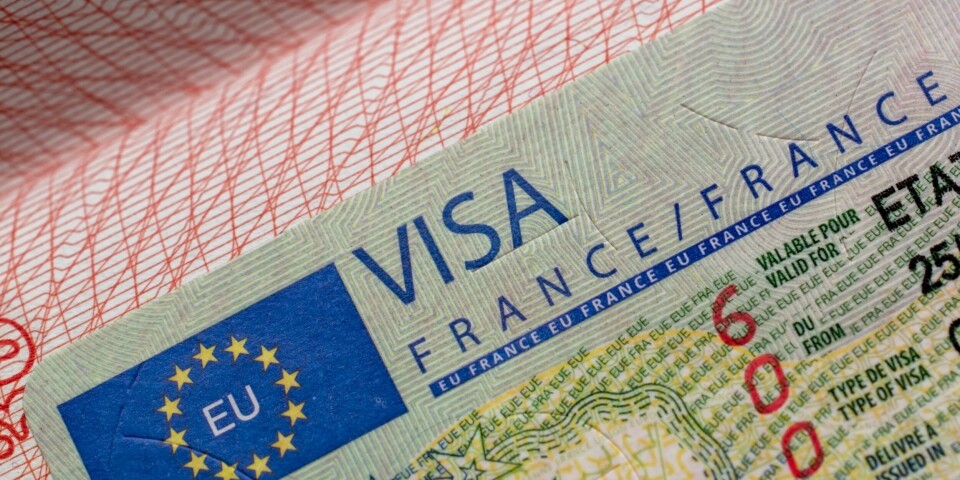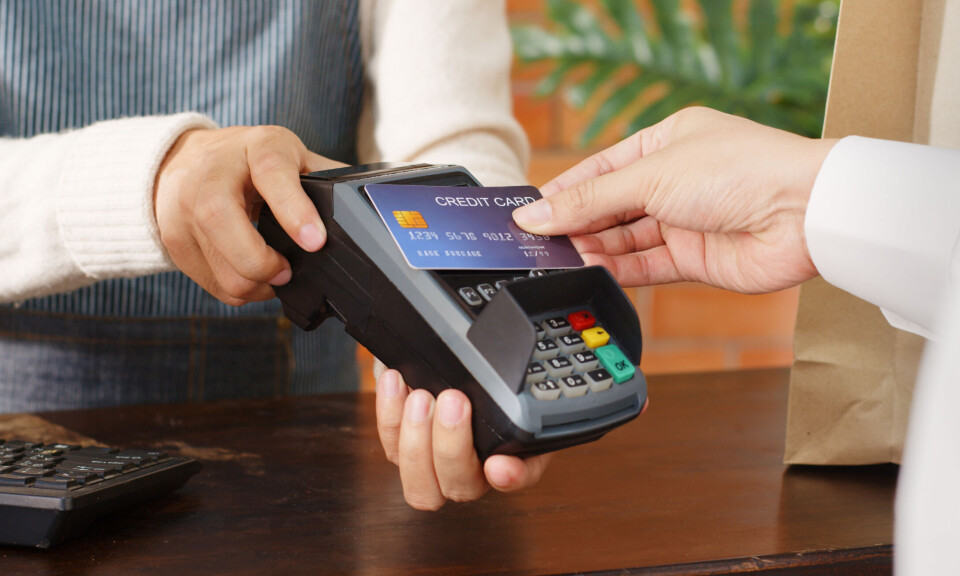-
French banks trial 'one-click button' to avoid passwords
e-commerce account can be created in less than a minute
-
Extra security checks on French bank transfers from next month
You may wish to verify existing beneficiary details to avoid payments to them potentially being blocked
-
When can French state access your bank account and take money?
Unpaid taxes, fines or some other debts can lead to forced seizures
How to open a joint bank account and how they work in France
We take a look at the nature of compte joint and what requirements must be met to open it

Opening a joint bank account (compte joint), whether current or savings, is relatively straightforward, although certain regulated savings accounts, such as the Livret A, must belong to only one person (a compte individuel). We look at how they work, who can open one, how payment problems are resolved, and how to close one.
Who can open a joint account, and how?
Most people with joint bank accounts in France are couples, but you do not need a family link to someone to open one.
Any two people (or more) can sign up for an account for which they have joint responsibility and liability. This could be a parent and children, a person with severe disabilities and their carer, or heirs to an estate.
To set it up, all parties must be present and sign a convention de compte de dépôt.
You will need ID such as a passport or carte de séjour, and to choose a common correspondence address. You also need proof of address, such as a water or electricity bill.
How does the account work?
Once you have opened it, each of the account holders can make transfers and perform other operations on their own, without the co-holder’s signature. This means that both or all parties can pay using their card, write cheques and even empty the account independently of the other person.
What if something goes wrong?
If a payment defaults or there is another problem regarding funds in the account, both or all holders will be responsible and any limits placed on them will also apply to other accounts they have.
However, it is possible to nominate one person as being responsible for payment incidents when you first open a joint account. In this case, the limits or freeze will apply only to that person.
What happens if account holders separate or have a disagreement?
If the account holders separate and no longer need the account, it is best to close it by writing a registered post (with receipt slip) letter to the bank signed by both parties.
If this is not possible – for example, if one person refuses to close it – it is not possible to turn the account into an individual one but it is possible for one holder to write to the other/s and the bank to ‘denounce’ the account.
The result is that it will become a compte indivis, in which transactions will only be approved with both signatures, and no payments will be made without your permission. Previous regular payments will also be cancelled in this case.
An account can be set up from the start as a compte indivis rather than compte joint. The latter is typically set up in the name of M. ou Mme X, and the former M. et Mme X.
And if one account holder dies?
If one of the holders of a compte joint dies, the other can continue to use it.
However, they should note that only half of the balance in the account on the day of death belongs to them, the other half being counted as part of the deceased party’s estate.
The deceased’s heirs can however request that the account be blocked.
If the account in question is a compte indivis, it will automatically be frozen while an inheritance share-out is formalised.
Related stories:
New scam alert: People in France warned about banking ‘spoofing’
Is the money in neobanks protected the same as French bank accounts?
French bank imposes withdrawal fees for UK cards post-Brexit
























